“Stay here”, ordered the border officer, pointing with his machine gun to a chair next to me. The large blue panel above read “Welcome to Pakistan”. I had just entered the country from Iran in the south-western border of Taftan. The military officer made it clear that I wasn’t free to move on my own. From now on, I will be placed under their guard.
Long had I read about the unusual days that lay ahead of me. There were a few extensive reports of other tourists having crossed Pakistan by land through the southwestern province of Balochistan. The Pakistan government has been providing protection for tourists in Balochistan since 2011 because the region has been plagued by occasional tribal insurrections. Local Balochi chieftains had been calling for arms to strive for independence from the government. The bordering area of southern Afghanistan has long been the home of the jihadist Taliban, but much time has passed since those stirred any trouble there. Anyway, the thought lingered that there must be a good reason why I was being protected by three men with assault rifles.
I rested my bike and sat down on the chair. The blood was rushing in my veins. The adrenaline was kicking strong since the first pedal stroke this morning towards the infamous border. The men in uniform then instructed me to follow a motorbike that would bring me from the border post to the Levies station of Taftan. The Levies are a paramilitary group that maintain law and order in Balochistan. Some Levy told me that there were at least a dozen tourists who crossed that border here every month. He told me i was the first man on bicycle that crossed the border on his duty in 3 months. I was then escorted for two days from the Border to the provincial capital, Quetta. I lost count of the times I had to transfer my bike from one Levies pick-up to the other – must be around twenty times. In every car, there was a Levy with his AK-47 sitting next to me while we cruised through the desert.
This article is not intended a guide for other tourists – much has already been covered on the internet and the information out there is pretty accurate. One thing that did surprise me though was the difficulty I had to leave Quetta once I was transferred there by the Levies. After I procured myself the N.O.C paper, a formality saying that I agree to the protection by the military police, I thought I would be able to leave the city with the next bus or train. However, that was not the case. The train officer told me all tickets were sold out for the next three days – a brash lie, I discovered later, because many people buy the ticket on the train itself. Next I tried the bus – where the officer flat out declined to sell me a ticket. In both cases – the underlying reason was the same: The transport companies want to avoid the hassle of having the overprotected tourist on board, whose whereabouts will be checked on every military border on the way out of Balochistan.
This example was emblematic of the lack of coordination between the authorities who were in charge of protecting me and other parties such as transport companies. In Pakistan, this malfunction is just the tip of the iceberg of much more serious and deeper problems. The country lacks a structured, unified chain of command between the state, the municipalities, the police and local power holders. There is no accountability of people and businesses to state nor law. As Anatol Lieven describes in his book Pakistan: A Hard Country, the government is virtually powerless in the face of feudal lords and wealthy patrons. This is because the state draws its power through patronage of those local chieftains, instead of a respected constitution, and can thus not go against them. This has implications in almost every aspect of Pakistan society. If you are a victim of rape, for example, the state law will be of no help, because the court system is so corrupt and slow that it will not only cost you most of your fortune, but also half a lifetime to get justice. You have to resort to the much more effective local tribal justice where the elders of each family get together and solve the issue. The values of that system, however, are based on tradition and honor rather than human rights or ethics.
That being said, at no point though did I feel unsafe in Pakistan. As Lieven puts it, the military is the only reliable institution in Pakistan, because it is the only one where what happens in the inside matches what is said to the outside. They perfectly accomplish their goal of protecting the tourists – to me they seemed even overprotective at times. If I had to choose, I would do it all over again, including the hassle for getting a bus in Quetta, because it exposed some of problems that we don’t have in the west. Encountering those situations in Pakistan made me realize two things: 1) how problems in the surface can be symptomatic of much deeper and persistent deficiencies in the fabric of society and 2) it is this very fabric that we never think about and take for granted in the west. Those are the pillars that underlie our politics, law, order, family life, public life and personal rights… just to name a few.
Back to the story – in the end, after talking to around 5 companies, I was able to find a bus out of Balochistan to Sukkur. During the ride, the bus would stop every half hour by some checkpost, a police officer would enter the bus with torch lamp, light my face, and ask if i’m alright before letting the bus go. If you are a traveler in Quetta and you have a hard time finding a bus: Just keep pushing them to find a bus company that would take you – and refuse to go back to the police base until you do.
Stay tuned for my Balochistan – Part 2 article where i’ll describe the personal lives of the levies and militaries living in this dangerous and highly conservative part of the world.


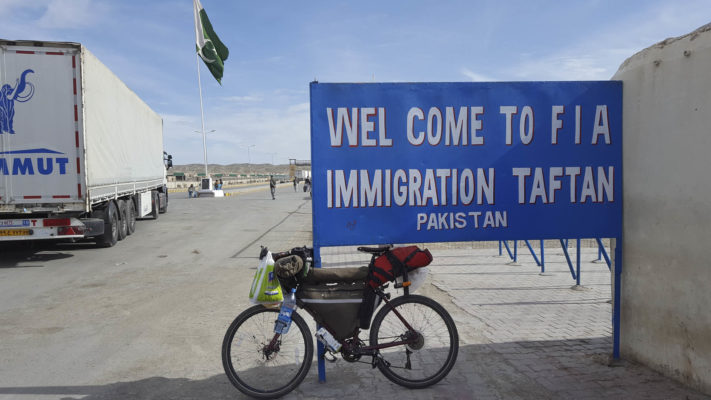
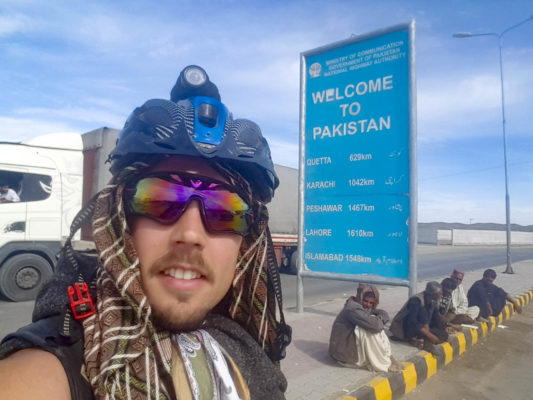
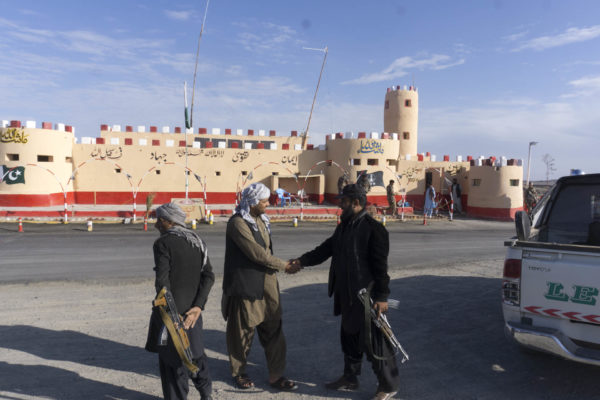
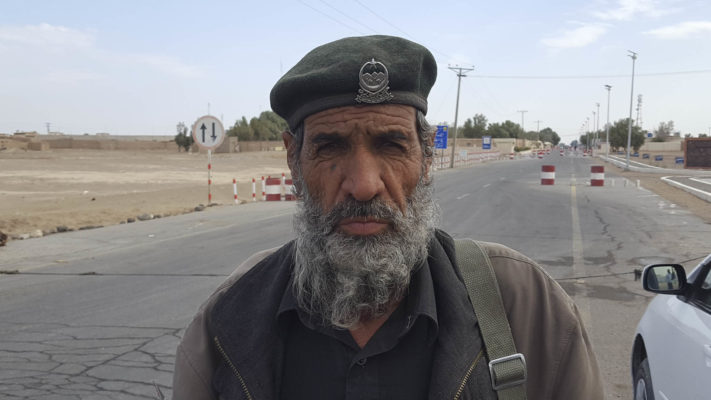
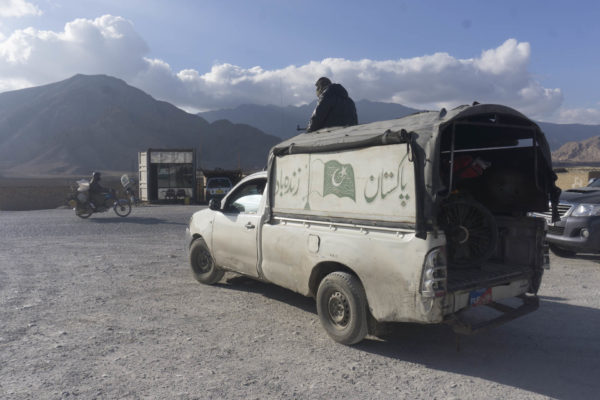
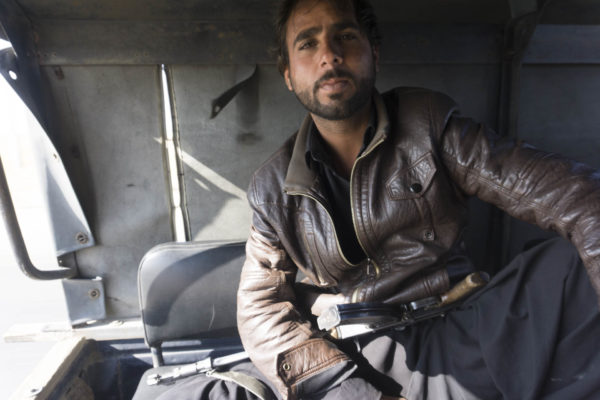
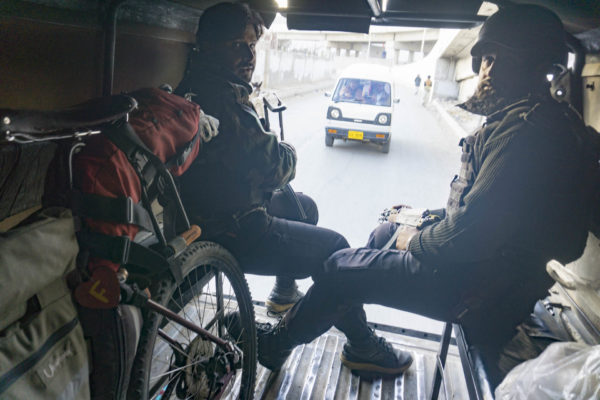
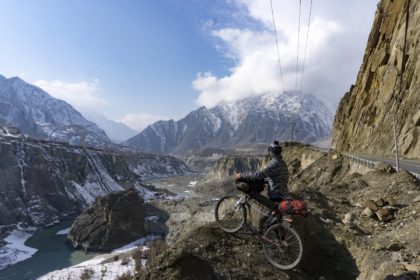
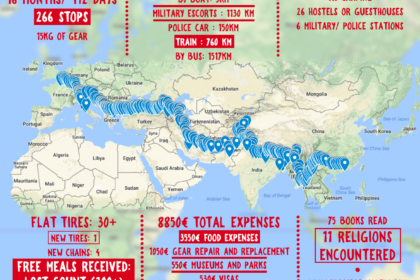

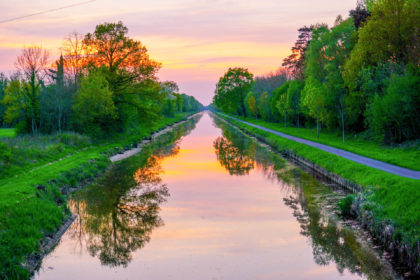
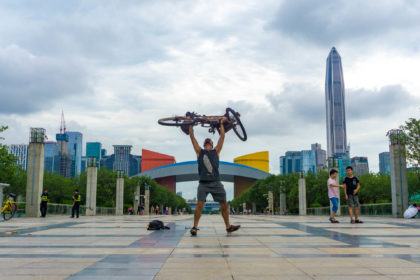
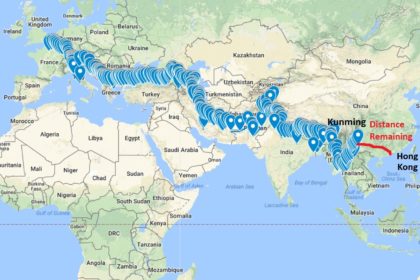
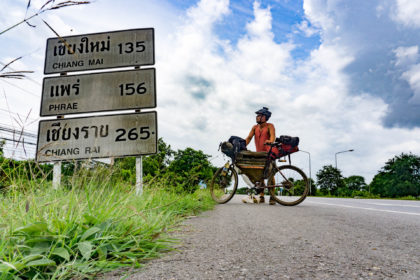
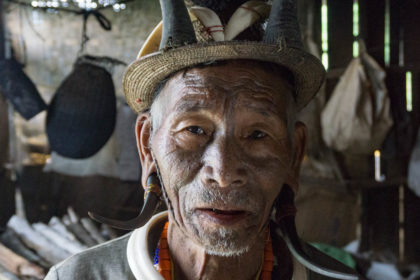
great article.this post is so informative.-noah car price in bangladesh
[…] information on crossing Belochistan: A French cyclist crossing Belochistan Information about the border crossing and Belochistan on […]